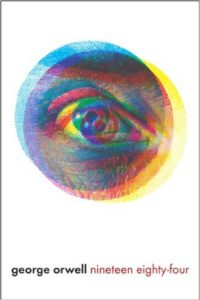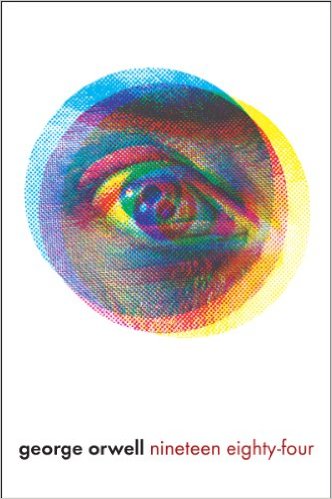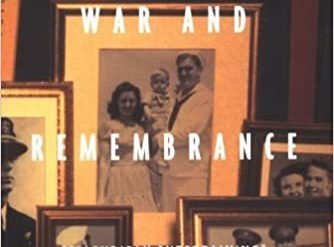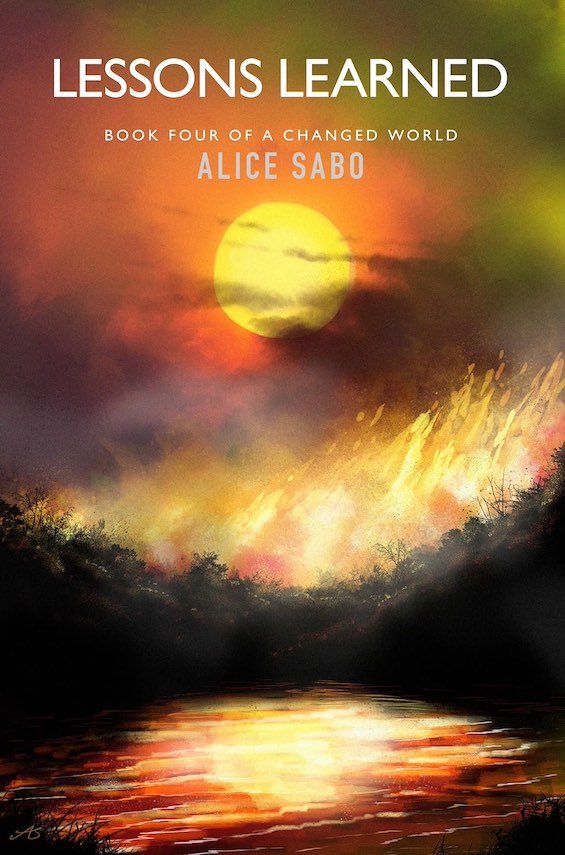
Ten days ago Donald Trump was inaugurated as President of the United States. The actions he’s already taken confirm the widespread suspicions about his authoritarian personality that so many remarked upon during his campaign. Many observers saw him as the heir to Adolf Hitler or Benito Mussolini. I always thought those analogies were overblown and inappropriate. But his arrival in the Oval Office does raise the question, Is the U.S. on the road to totalitarianism?
Estimated reading time: 5 minutes
Is the U.S. on the road to totalitarianism?
Popular opinion to the contrary, history doesn’t repeat itself. However, there’s no mistaking that the executive orders President Trump has signed and the high-level appointments he’s made, are worrisome. It would appear that he is attempting to repeal the 20th century. Given the revelations of the last decade about the NSA’s blanket surveillance of the country, Mr. Trump now (in theory at least) has the power to observe each of us under a microscope—and, if he chooses, to subject his critics individually to the sort of insulting and demeaning Tweets he so casually flings about on a daily basis.
Could the Trump Administration mark the end of democracy in America? That prediction seems overblown to me, too. But I’m scared.
1984 by George Orwell (1949) 328 pages ★★★★★
Rereading 1984 and other dystopian classics
With all these fears in the air, I decided to join thousands of other Americans in rereading 1984 and other dystopian classics that foresaw a grim future under totalitarian government. In the coming months I’ll get to Brave New World, The Handmaid’s Tale, It Can’t Happen Here, and possibly other, similar titles.
So far I’ve reread only 1984. Though I was on the lookout for likely analogies to the United States in 2017, I found very few. George Orwell envisioned a future society modeled in part on the totalitarianism of the USSR under Josef Stalin but taken to an extreme with the most intrusive technology Orwell could imagine in 1947-48, when he wrote the book. The similarities to today’s reality are limited.
A state of total and constant war
In 1984, Orwell relates the story of Winston Smith, a middle-ranking official in the Party that has total control over Oceania. Smith lives in London in what used to be called Britain. The country is now a small part of a globe-spanning empire that incorporates the British Isles, the Americas, Australia, and many of the Pacific islands. Oceania is one of three such empires. It’s in a state of total and constant war with either one of the others at any given time; they change sides frequently.
BIG BROTHER IS WATCHING YOU
The ruler of Oceania is Big Brother, whose greatly enlarged portrait appears on walls and in windows virtually everywhere. (“BIG BROTHER IS WATCHING YOU.”) Apparently, no one has ever actually seen, much less met, Big Brother. The elite Inner Party enforces his rule, supported by the much larger numbers of Outer Party members such as Winston. The Party’s control of society is absolute. The 85% of the population that are called “proles” live in abject poverty; even Outer Party members face constant deprivation. A two-way telescreen in every home and the shadowy Thought Police make it almost impossible for anyone even to have a thought of opposition to the regime. The Party’s ideology is compressed into three slogans: WAR IS PEACE, FREEDOM IS SLAVERY, and IGNORANCE IS STRENGTH. This society has already made the trek down the road to totalitarianism.
Winston is “Everyman”
But Winston (“Everyman?”) has doubts. He’s employed in the Ministry of Truth. Like Josef Goebbels’ Propaganda Ministry, Winston’s employer is engaged in telling and constantly retelling the Big Lie. In fact, in 1984, the reality is even more extreme: the Party has abolished the past. As circumstances change, Winston and his colleagues become feverishly engaged in rewriting history to conform to the current Party line. Eventually, Winston’s doubts grow.
On a hunch, he arranges a private meeting with O’Brien, an Inner Party official whom he believes is like-minded. Winston’s hope is to become involved in the Brotherhood, a resistance movement headed by Emmanuel Goldstein, who is Public Enemy #1. Together with a young woman named Julia with whom he has fallen in love, Winston pursues a forbidden private life out of reach of Big Brother. Then, of course, things start going very badly wrong. Winston’s story does not end happily.
A cautionary tale about the road to totalitarianism
George Orwell was one of the most important writers of the 20th century, and 1984 is one of the era’s most significant books. It’s well worth reading for its own sake—and as a cautionary tale about the dangers inherent in authoritarianism. The totalitarianism envisioned by Orwell may overstate the dangers to an extreme degree. But an authoritarian ruler can do a great deal of damage even without absolute power. Watch out!
For related reading
This is one of The five best novels about politics.
For more good reading, check out:
- The ultimate guide to the all-time best science fiction novels
- Great sci-fi novels reviewed: my top 10
- The top 10 dystopian novels
- Top 10 great popular novels
And you can always find my most popular reviews, and the most recent ones, on the Home Page.


























